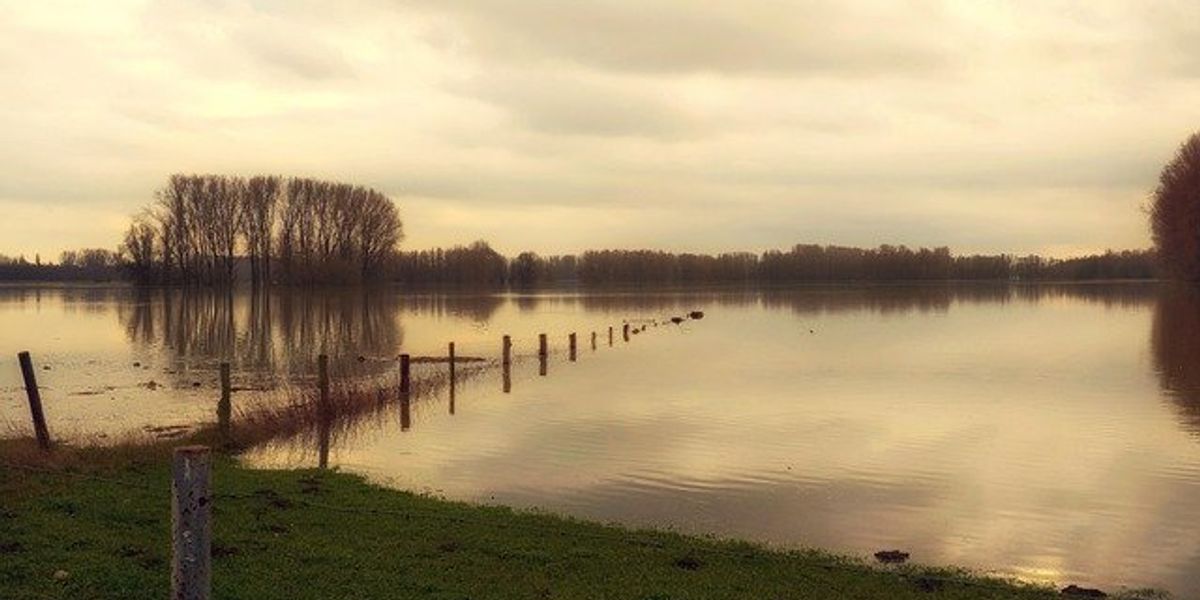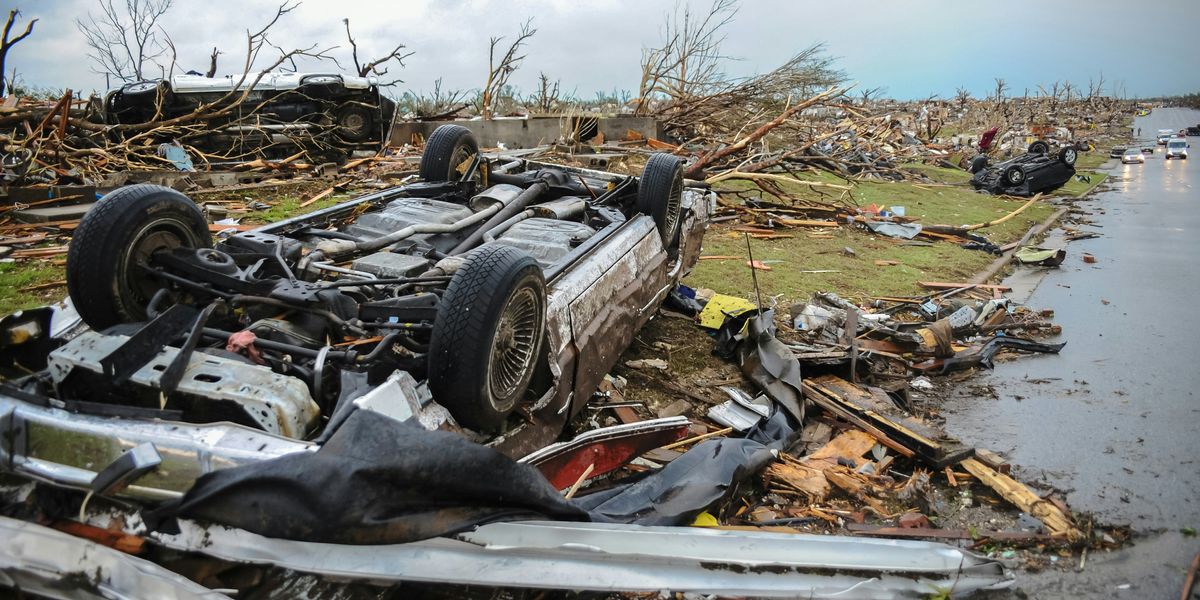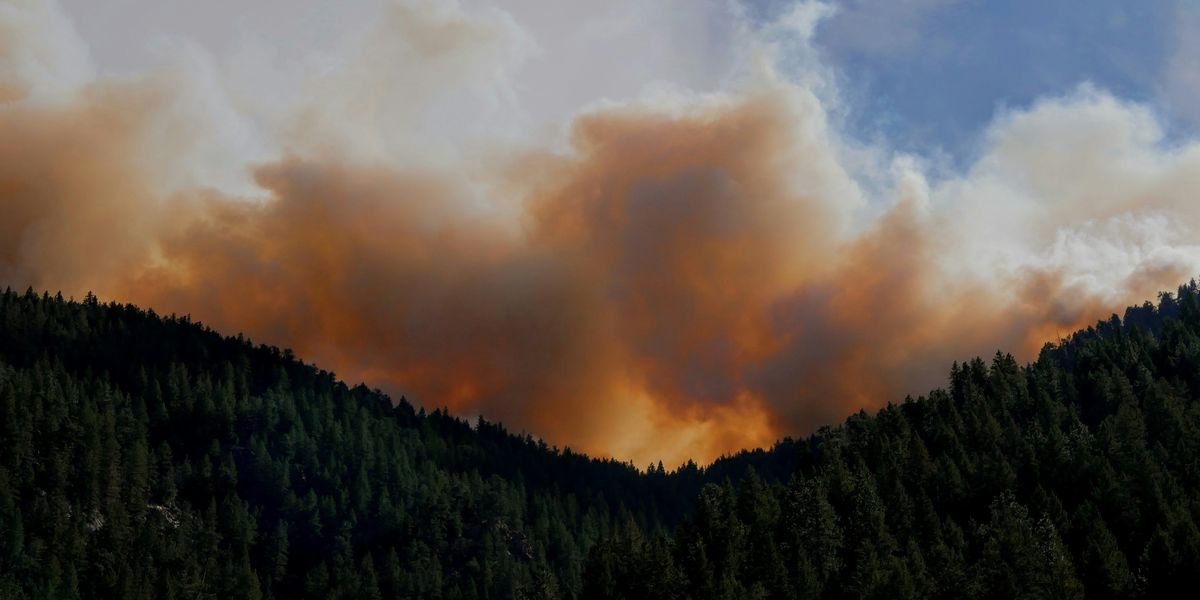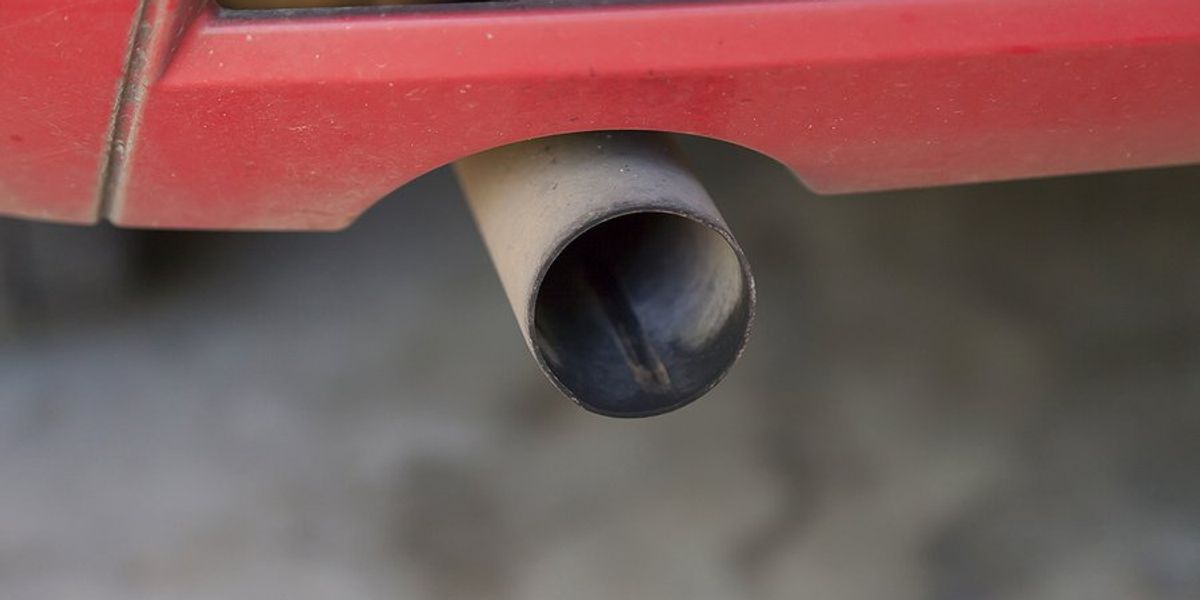forecasts
Uncertain weather forecasts are raising grocery costs
Predictions of extreme weather events are increasingly affecting food prices, driving up costs even before actual climate shocks occur.
In short:
- Weather forecasts can prompt food manufacturers to raise prices in anticipation of supply chain disruptions.
- Increased costs in production and transportation due to extreme weather are often passed on to consumers.
- The resilience of the food supply chain mitigates some impacts, but rising frequency of climate events threatens stability.
Key quote:
“When it comes to the climate risk on food prices, people typically look at the production side. But over the last two years, we learned that extreme weather can raise food prices, [cause] transportation disruptions, as well as production disruptions.”
— Seungki Lee, agricultural economist at Ohio State University
Why this matters:
As meteorologists warn of potential droughts, floods, or hurricanes, commodity traders react swiftly, often raising prices and premiums to mitigate perceived risks. These preemptive hikes ripple through the supply chain, ultimately reaching consumers who are already strained by rising costs.
Coalmines pollute much more than their operators predicted when they sought approval
Whitehaven Coal's underground mine in northern NSW is polluting the atmosphere with more than three times the direct greenhouse gas emissions it forecast it would emit when it received environmental approval in 2015.
Asia in 2022: China’s reopening after Omicron, elections in the Philippines, inflation and climate change
What does 2022 hold in store for Asia? Seven commentators give their take on everything from the ongoing great power rivalry between the United States and China, to climate concerns, inflation worries and, inevitably, the pandemic.
Europe could experience warmer than normal April-June, says Weather Company
Recent climate trends and models suggest cool, wet and windy conditions across northern and western Europe and hot and dry conditions in southern-eastern Europe.
Missed wind patterns are throwing off climate forecasts of rain and storms
Climate scientists can confidently tie global warming to impacts such as sea-level rise and extreme heat. But ask how rising temperatures will affect rainfall and storms, and the answers get a lot shakier.
Transition to low-carbon energy may accelerate after crisis: Shell
Climate change: Worst emissions scenario 'misleading'
The worst-case scenario for emissions of CO2 this century is no longer plausible, say researchers. Referred to as "business as usual", the scenario assumes a 500% increase in the use of coal, which is now considered unlikely.



















